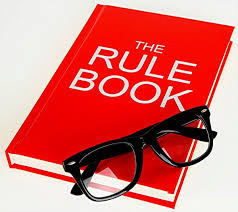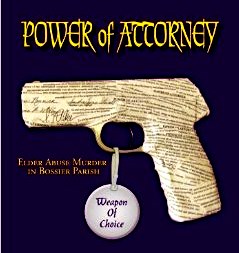
It is rare to see a claim advanced in estate litigation for punitive damages, but consideration should perhaps be given to making such a claim where “ malicious, oppressive and high-handed misconduct that offends the court’s sense of decency exists,” as it occasionally does in estate litigation. Hill v. Church of Scientology of Toronto (1995) to SCR 1130, at paragraph 196.
Although an award of punitive damages will only be made in exceptional cases, I have certainly seen fact patterns in estate litigation cases where a defendant has acted in such an offensive manner that it might very well qualify for an award of punitive damages, especially if there has been a breach of fiduciary duty.
McKnight v . Hutchinson 2019 BCSC 944 involved long-running litigation between two former law partners. The McKnight decision found that the conduct of the personal defendant before and after dissolution of the partnership had been so reprehensible, that the court found it hard to envisage how one partner could take such advantage of another, plus the scope of large secret profits withheld could not be overstated.
The court found the conduct so nefarious that an award of $150,000 was made for punitive damages.
The objective of punitive damages is to punish the defendant rather than compensate a plaintiff, whose just compensation will be separately assessed.
Punitive damages straddle the civil law of compensation and criminal punishment.
The objectives of such damages were described in the Church of Scientology of Toronto decision to be “retribution, deterrence, and denunciation.”
The award of punitive damages must be proportionate to blameworthiness of the defendant’s conduct, the degree of vulnerability of the plaintiff, the potential harm directed specifically at the plaintiff and the need for deterrence.
In Huff v Price 25 BCLR (2s) 364, affirmed 76 SLT (4th) 138 BCCA the court gave a substantial punitive damage award in addition to the award for losses experienced by investors due to the breach of fiduciary duty by a chartered accountant and engaged in stock promotion.
There were two defendants and the plaintiffs recovered $150,000 in punitive damages from one defendant, and a further $100,000 from the other defendant.
The court found that there were gross breaches of trust of the plaintiffs funds, the defendant encouraged them to make expenditures they would not otherwise have made, and because no other penalty appears to have resulted from his conduct, or has he sought to explain, nor did he make amends for it, the case is one of which substantial punitive damages are warranted.




